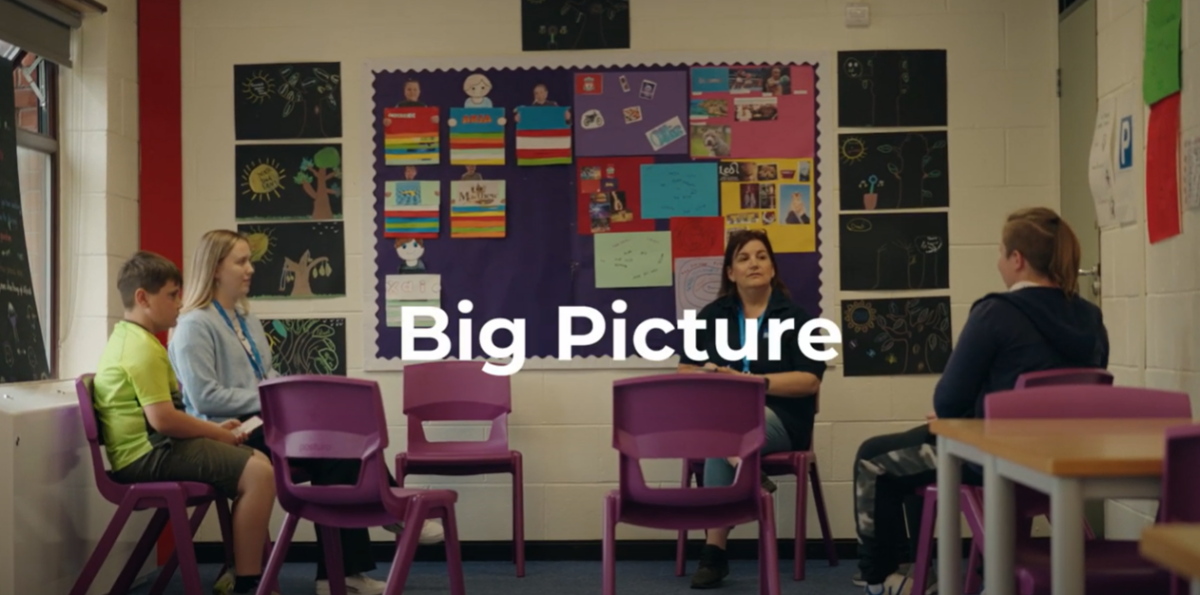University staff vote for UK-wide strike action in historic ballot

- Staff balloted over attacks on pay & working conditions and pensions
- Union smashes anti-union thresholds and delivers massive YES vote
- Sector could be brought to standstill if employers refuse to negotiate
Over 70,000 university staff at 150 universities could now strike after University and College Union (UCU) members overwhelmingly voted ‘yes’ to strike action in two historic national ballots.
The results in both ballots saw the union deliver momentous turnouts that beat the anti-union threshold. More than eight in ten of those who voted said ‘yes’ to strike action.
The union now has a mandate to deliver strike action at practically every university in the UK and has called on vice chancellors to enter negotiations immediately and make improved offers in order to avoid disruption.
Staff were balloted across two separate ballots: pay & working conditions, and cuts to pensions.
In the pay and working condition ballot, the yes vote for strike action was 81.1% and the turnout was 57.8%. In the pension ballot, the yes vote for strike action was 84.9% and the turnout was 60.2%. Staff also voted yes overwhelmingly for action short of strike in both ballots.
UCU said the result is a clear indication of the anger felt by university staff.
In the pay and conditions ballot, the union’s demands include a meaningful pay rise to deal with the cost-of-living crisis. Staff were offered just a 3% pay rise this year whilst a third of academic staff are on some form of temporary contract.
In the pension ballot, UCU is demanding employers revoke the 35% cut they made earlier this year to the guaranteed retirement income of the average member.
UCU is now the only union to secure a national mandate for action in the education sector since the anti-trade union laws were passed in 2016. The entire higher education sector could now be brought to a standstill.
The UK university sector generated record income of £41.1bn last year with vice chancellors earning collectively an estimated £45million. UCU says it can more than afford to meet staff demands.
UCU’s higher education committee meets on Thursday 3 November to decide the next steps the union will take to pressure employers to begin meaningful negotiations.
UCU general secretary Jo Grady said: ‘Today history has been made by our members in universities, who in huge numbers have delivered an unprecedented mandate for strike action.
‘The vice chancellors who run universities have repeatedly and in a coordinated fashion come after our members. Well, now it’s 150 bosses against 70,000 university workers who are ready and willing to bring the entire sector to a standstill, if serious negotiations don’t start very soon.
‘University staff are crucial workers in communities up and down the UK. They are sending a clear message that they will not accept falling pay, insecure employment and attacks on pensions. They know their power and are ready to take back what is theirs from a sector raking in tens of billions of pounds.’
Sector Response
A Universities UK spokesperson, on behalf of USS employers, said:
“We understand that the ballot results may leave students concerned about the impact that potential industrial action could have on their degrees. Universities are adept at mitigating the impact of strikes on student learning, and so prepared for any further possible industrial action over the coming months. Universities will put in place a series of measures to minimise the impact of any industrial action on students, other staff and the wider community.
“Employer contributions to USS pensions, which rose to 21.6% of salary in April, are among the highest in the country and at the very limit of affordability. This contribution rise, together with the significant covenant commitments made by employers, lessened the benefit reforms and avoided huge cost increases for both employers and staff in the last scheme valuation. This support from employers alongside the effects of rising interest rates on the scheme explains why USS now appears to be in better financial shape.
“The USS Trustee will conduct a full valuation scheduled for March 2023, at which point stakeholders will be able to consider any improvements to the scheme which could be made in a sustainable way. However, at this time and in the current volatile economic climate, the USS Trustee insists that there is no solid evidence or basis to establish a long-term view of any substantive improvement in the scheme’s funding position.
“We continue to meet union and USS representatives regularly. Should UCU decide to take industrial action, unfortunately this is likely to impede joint working on the next valuation, and delay much-needed changes such as governance reform of the scheme and the introduction of lower cost options for members.”












Responses